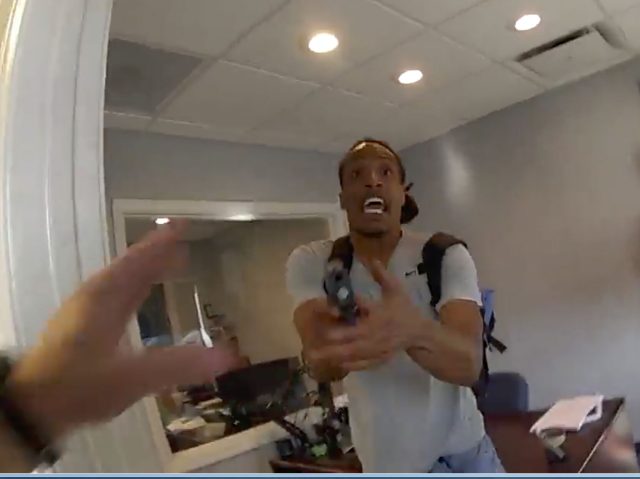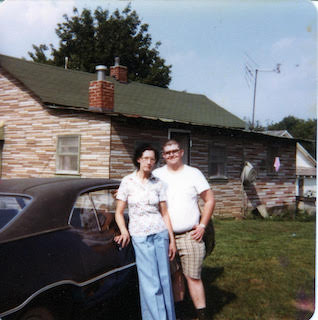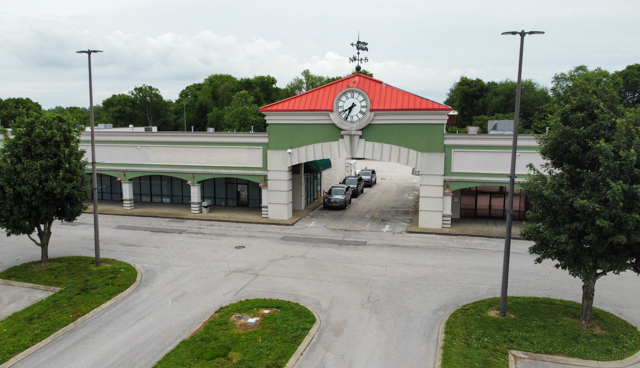Coping with cancer
Published 12:00 am Monday, May 13, 2002
Miranda Pederson/Daily News
In July 1969, Mary Jo Cook thought she was going to die. During a routine exam, her doctor found a lump in the Bowling Green womans left breast. He asked me, How long have you had this lump? I said, What lump? Cook said. I was scared and surprised. I thought that it was going to be a routine exam. My youngest child was 6 years old. I thought I wouldnt see her grow up. Cook lived to see not only all of her four children grow up, but also the arrival of grandchildren. She has run in the American Cancer Societys Relay for Life for the past two years and participates in the organizations Reach to Recovery. The Reach to Recovery program, according to the American Cancer Societys Web site at www.cancer.org, provides support for those interested in or who have had a lumpectomy, mastectomy, breast reconstruction, chemotherapy or radiation. The group also helps those recently diagnosed with breast cancer or who are facing breast cancer recurrence or spreading to other parts of the body. Cook had her mastectomy before there was a Reach to Recovery, which started in 1971.Back then, they went on and did a mastectomy if it was malignant. They used to take the muscle out of your arm (on the side of the mastectomy), but they dont do that anymore, she said. I had radiation. Nobody knew much about that except on a research basis. But Cook persevered. It was six weeks until I was able to buy a breast form, she said. It made me feel better. She doesnt have any regrets about giving up a breast. In fact, when Cook had to have a few biopsies on her right breast several years later, she decided to go ahead and have another mastectomy. I said, Lets just get rid of this thing, she said, laughing. Im not sorry I had my breasts removed. I think I did the right thing. It saved my life. I had a lot to live for. I still do. It was her zest for life that made her reach out to Reach to Recovery. Cook began volunteering in 1972. She has done the program at both Greenview Regional Hospital and The Medical Center and sees about 30 patients each year. She also attends state meetings regularly to keep her up-to-date with the program. We call on ladies who have just had a mastectomy and take them a kit with a (breast) prosthesis. The doctors write an order at the hospital and tell the nurse to call Reach to Recovery, she said. I walk in (the patients hospital room) and say, Ive had the same surgery youve had. It gives them a lot of hope. Theyre usually appreciative. Besides the prosthesis, the kit contains several essentials including information for the husband and children on what is happening with their female family member, a rope and ball to exercise the weakened arm on the side of the mastectomy, a small pillow and instructions on how to do a self-breast exam, which Cook highly recommends. I cant say enough about self examinations. Early detection is the answer, she said. Its essential. I encourage my three daughters to do it. Cook has seen a few changes in the program in the 30 years she has volunteered with Reach to Recovery. We have eight (volunteers) in the area now. For years, it was just a couple of us, she said. We used to call between the fifth and seventh day. Now we have to see them the next day because they may not stay in the hospital as long. But the feelings she get from helping patients are still the same as they were when she first began volunteering. I feel like I get as much out of it as they do. If they feel better, that makes me feel good, too, she said. Theres some reason Im still here, and I think its to do Reach to Recovery. I hope I have helped a lot people by giving them encouragement. Encouragement is important to cancer patients. She said she couldnt have gotten through her ordeal without her faith and the support of her husband, Wilson, her family, friends and all the various medical staffs who helped her. I had a lot of faith, she said. You cant stick your head in the sand and forget about (cancer).Cook also has faith that one day doctors will know everything there is to know about cancer. They know so much more now that I feel like surely to goodness there will be a breakthrough and theyll find out whats causing this, she said. Despite everything that she went thought, Cook is grateful the cancer was in her breast and not anywhere else in her body. Its nothing compared to what it could have been a hand, an eye, something I use every day, she said. Its just not the end of the world.






